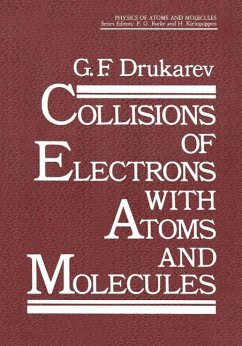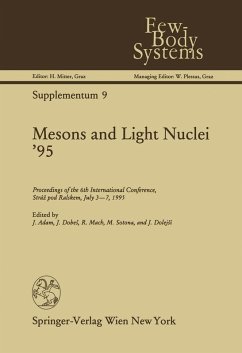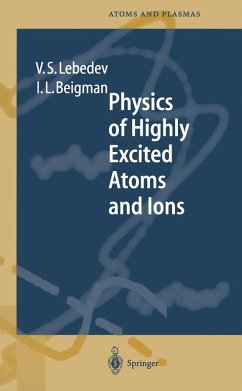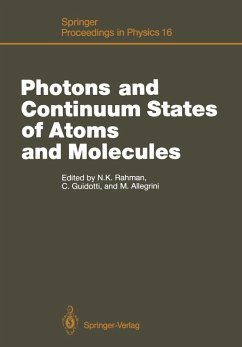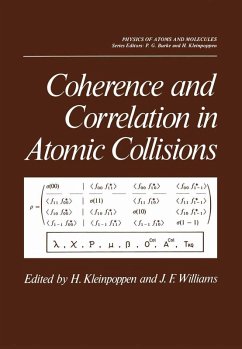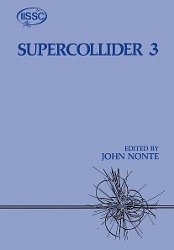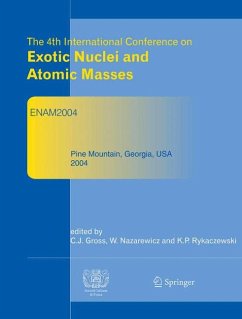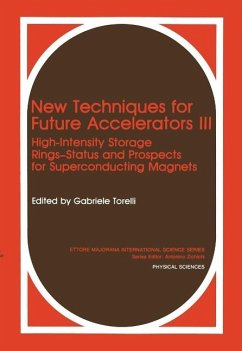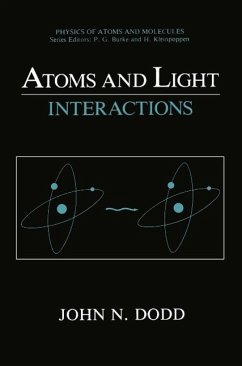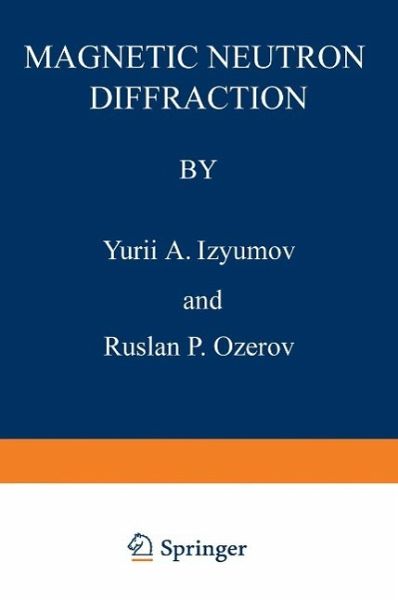
Magnetic Neutron Diffraction (eBook, PDF)
Versandkostenfrei!
Sofort per Download lieferbar
72,95 €
inkl. MwSt.
Weitere Ausgaben:

PAYBACK Punkte
36 °P sammeln!
The inter action between the magnetic field generated by the neutron and the magnetic moment of atoms containing unpaired electrons was experimentally demonstrated for the first time about twenty years ago. The basic theory describing such an in teraction had already been developed and the first nuclear reactors with large available thermal neutron fluxes had recently been con structed. The power of the magnetic neutron interaction for in vestigating the structure of magnetic materials was immediately recognized and put to use where possible. Neutron diffraction, however, was practicable only ...
The inter action between the magnetic field generated by the neutron and the magnetic moment of atoms containing unpaired electrons was experimentally demonstrated for the first time about twenty years ago. The basic theory describing such an in teraction had already been developed and the first nuclear reactors with large available thermal neutron fluxes had recently been con structed. The power of the magnetic neutron interaction for in vestigating the structure of magnetic materials was immediately recognized and put to use where possible. Neutron diffraction, however, was practicable only in countries with nuclear reactors. The earliest neutron determinations of magnetic ordering were hence primarily carried out at Oak Ridge and Brookhaven in the US, at Chalk River in Canada and at Harwell in England. Diffraction patterns from polycrystalline ferromagnets and antiferromagnets are interpretable if produced by simple spin arrays. More complex magnetic scattering patterns could often be unravelled, in terms of a three-dimensional array of atomic moments, if the specimen studied is a single crystal. The devel opment of sophisticated cryogenic equipment, with independently alignable magnetic fields, opened the way to greater complexity in the magnetic structures that could be successfully determined, as did also the introduction of polarized neutron beams. By the end of the 'sixties, many countries were contributing significantly to neutron diffraction studies of a wide variety of magnetic materials.
Dieser Download kann aus rechtlichen Gründen nur mit Rechnungsadresse in A, B, BG, CY, CZ, D, DK, EW, E, FIN, F, GR, HR, H, IRL, I, LT, L, LR, M, NL, PL, P, R, S, SLO, SK ausgeliefert werden.



